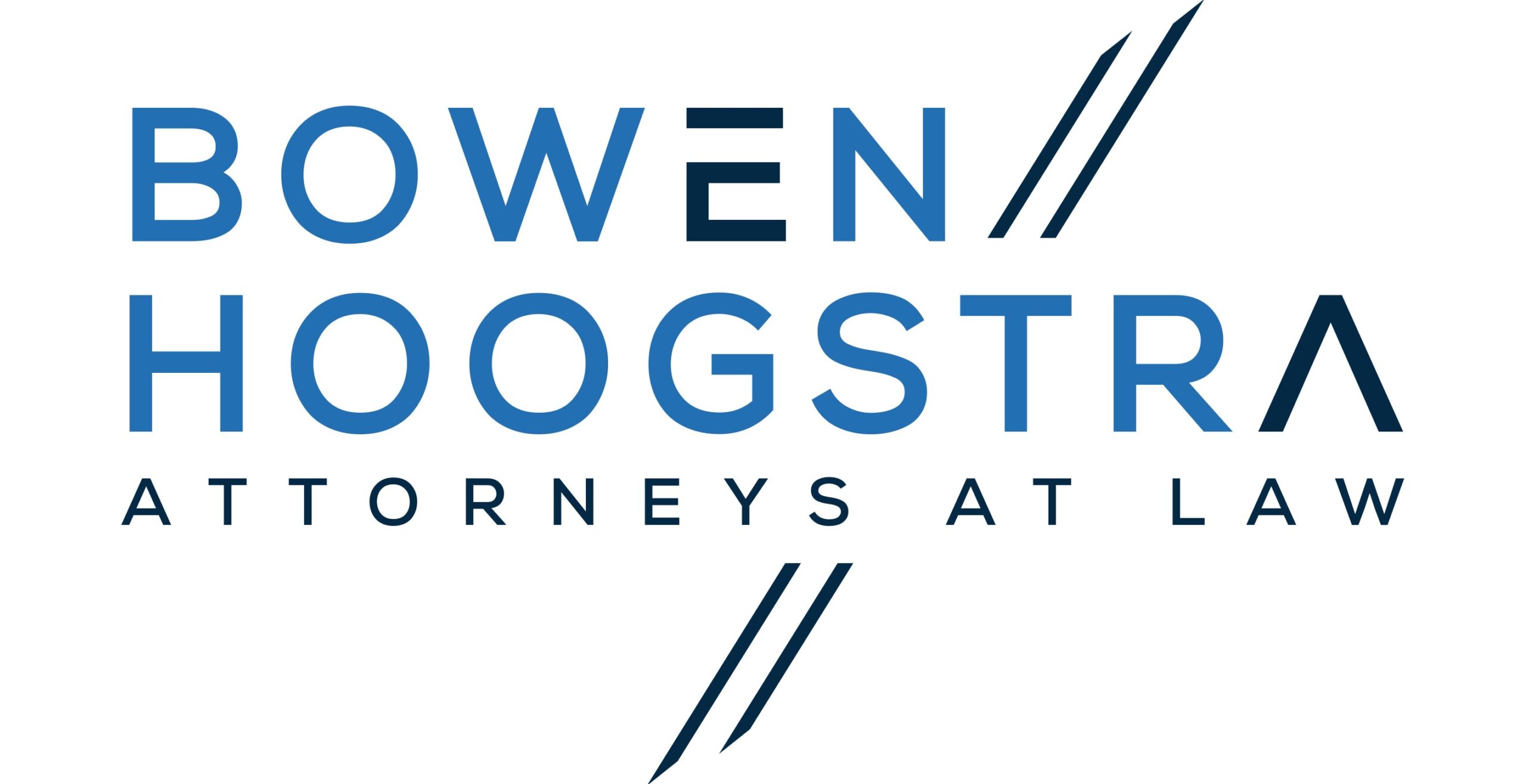If your business deals with debt collection, it’s essential to understand the Fair Debt Collection Practices Act (FDCPA) and its impact on your operations. This law was created to protect consumers from abusive, unfair, or deceptive debt collection practices.
- Key Prohibited Practices Under the Michigan FDCPA
- Navigating the Complexities of Debt Collection in Michigan
- Legal Defenses and Remedies Available to Debtors
- Protect Your Business from Costly Debt Collection Mistakes—Consult with Our Experienced Michigan Attorneys
While the federal FDCPA sets the standard, Michigan has adopted and expanded upon these regulations, offering additional protections for residents and businesses alike. As Muskegon business attorneys, we’re here to help you navigate the complexities of debt collection laws in Michigan and avoid costly legal mistakes.
Key Prohibited Practices Under the Michigan FDCPA
In Michigan, the FDCPA extends the protections found in the federal law by setting clear boundaries on what debt collectors can and cannot do. Below are some specific actions that are prohibited under Michigan’s FDCPA:
- Harassment: Debt collectors cannot engage in behavior meant to harass, oppress, or abuse any person. This includes making repeated calls, using offensive language, or threatening violence.
- Misrepresentation: It is illegal to mislead debtors about the amount owed or pretend to be an attorney or government representative. Debt collectors must provide accurate information about the debt and the consequences of non-payment.
- Unfair Practices: Any attempt to collect a debt through unfair means is prohibited. For example, charging fees or interest not allowed by the original agreement or law is considered unfair. This includes making up service charges or extra interest not found in the contract.
Michigan law (MCL – Section 445.252) also regulates how and when debt collectors can contact debtors. Debt collectors must adhere to specific call hours (generally between 8 a.m. and 9 p.m.) and cannot contact third parties—like family members or employers—without prior consent. Violating these rules can lead to significant penalties, including lawsuits, fines, and a potential loss of the right to collect the debt in question.
Navigating the Complexities of Debt Collection in Michigan
Debt collection can be tricky, especially when dealing with the legal nuances of Michigan law. Here are some key considerations:
- Statute of Limitations: In Michigan, the statute of limitations for debt collection varies depending on the type of debt. For example, most consumer debts, like credit card balances, are subject to a 6-year statute of limitations. If the debt is older than the statute of limitations, debt collectors can no longer legally file a lawsuit to recover the money. Understanding these timelines is crucial for ensuring your collection efforts remain within the legal framework.
- Documenting Communication: To protect your business from claims of harassment or misconduct, it’s essential to keep detailed records of all communications with debtors. This includes phone calls, emails, letters, and any other interactions. Good documentation can help defend against accusations of illegal collection practices and prove that your actions comply with the law.
- Compliance with Michigan’s Specific Laws: Michigan’s debt collection laws go beyond the federal FDCPA, so it’s critical to understand the nuances that apply specifically in this state. This includes the Michigan Collection Practices Act (MCPA), which governs certain actions related to debt recovery in Michigan. Working with an attorney ensures that your debt collection methods align with both federal and state law.
Legal Defenses and Remedies Available to Debtors
Debtors have rights under the Michigan FDCPA; understanding these rights is essential for anyone involved in debt collection. Here are some common defenses and remedies available to debtors under Michigan law:

- Disputing Debts: Debtors can dispute a debt they believe to be invalid. Once a debtor disputes it, the collector must cease collection efforts until they verify the debt. If the debt collector fails to provide this verification, the debtor is not obligated to pay.
- Requesting Debt Verification: Under the FDCPA, debtors can request verification of the debt, including the amount owed and the creditor’s name. This must be done in writing within 30 days of being contacted by the collector. If the collector fails to provide this information, they are prohibited from continuing to pursue the debt.
- Penalties for Non-Compliance: If a debt collector violates the Michigan FDCPA, they can face serious consequences, including lawsuits for damages. In addition to compensating the debtor for any losses or harm caused, debt collectors may be required to pay the debtor’s attorney fees and court costs.
Recent court cases in Michigan have highlighted the penalties debt collectors face for non-compliance. In one case, a debt collector was forced to pay significant damages after failing to validate a debt properly. Such rulings underscore the importance of adhering to the law.
Protect Your Business from Costly Debt Collection Mistakes—Consult with Our Experienced Michigan Attorneys
As a business or debt collector in Michigan, it’s crucial to understand and comply with the Michigan Fair Debt Collection Practices Act (FDCPA). Violating the law can lead to expensive lawsuits, damage to your reputation, and even the inability to collect debts.
To ensure your debt collection efforts are both effective and legal, it’s wise to consult with a Muskegon business attorney at Bowen Hoogstra Law, who specializes in debt collection law. By partnering with an experienced attorney, you can ensure your practices are fully compliant with Michigan’s specific debt collection regulations. This helps safeguard your business from costly legal mistakes, protect your reputation, and maintain a strong financial position.
If you’re unsure whether your debt collection practices are compliant or if you’ve faced issues in the past, don’t hesitate to reach out for legal guidance at (231) 726-4484. Protect your business, avoid legal pitfalls, and streamline your debt collection process with the help of experienced Bowen Hoogstra Law Michigan attorneys.

